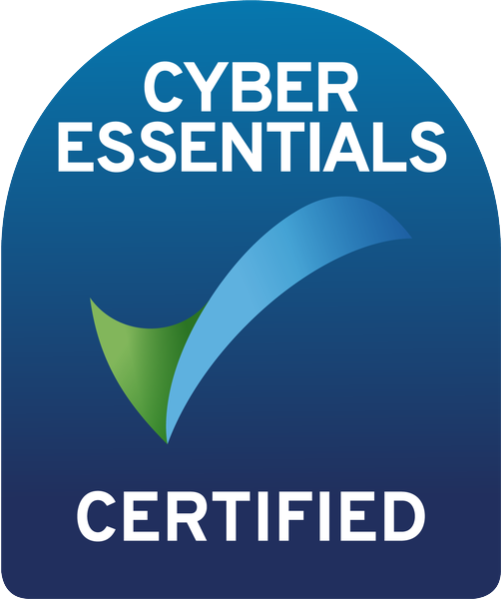Published by


Whether you’re just starting out or aiming for a senior role, progressing your career requires more than just hard work. In today’s fast-moving job market professionals must be intentional, proactive and strategic. From setting clear goals to developing new skills and building a strong network there are proven ways to move forward with confidence.
Within this article we explore five practical strategies to help you progress your career.
*
- Set Clear Career Goals
One of the most effective ways to advance your career is to define where you want to go. Setting short-term and long-term goals helps you stay focused and motivated. Start by asking yourself: Where do I want to be in two, five or ten years? Then, work backwards to identify the experiences, skills, or qualifications you’ll need to get there.
Use the SMART framework—Specific, Measurable, Achievable, Relevant, Time-bound—to break these ambitions into manageable steps. For example, instead of saying, “I want a promotion,” aim for “I want to be promoted to Team Lead within the next 12 months by completing a leadership course and taking on more responsibility.”
Revisit your goals regularly to ensure they remain aligned with your evolving interests and industry trends.
*
- Build and Utilise Your Network
Your professional network can be one of your greatest assets. Actively engage with colleagues, industry professionals and alumni. Attend sector-specific events, participate in online forums such as LinkedIn groups and consider joining professional bodies like the Career Development Institute (CDI).
A strong network can provide you with insights, career advice, mentorship and even job leads. It also keeps you informed about industry changes and best practices, helping you stay ahead of the curve.
*
- Upskill and Seek Continuous Learning
In an ever-evolving job landscape, continuous learning is essential. Whether it’s mastering a new technology, improving soft skills or gaining an industry-specific qualification, investing in yourself will pay dividends in the long run.
Start by identifying any skills gaps relevant to your current or desired role. Then explore training options—this might include in-house development schemes, online courses, or formal certifications.
Even a small commitment to learning, such as attending monthly webinars or reading industry news, can make a significant impact.
*
- Request Feedback and Find a Mentor
Progression often depends on understanding your strengths and your blind spots. Regular constructive feedback from peers and managers provides a clearer picture of where you’re excelling and where you can improve.
Ask for feedback informally after key projects or formally during appraisals. Don’t just seek praise—genuine growth comes from knowing how to develop.
Finding a mentor can also accelerate your career. A mentor, ideally someone experienced in your field, can share insights, offer guidance and help you avoid common mistakes. Many organisations offer formal mentorship schemes or you can connect with potential mentors via networking events or LinkedIn.
*
- Take Initiative and Volunteer for New Responsibilities
Employers value professionals who go beyond their job description. By volunteering for new responsibilities or leading on projects you demonstrate ambition, adaptability and leadership potential.
Whether it’s proposing a new system, stepping into a temporary leadership role or collaborating with other departments taking initiative helps you stand out. It not only builds your confidence and skillset but also increases your visibility across the organisation – key factors in being considered for promotions or new roles.
Be proactive: look for gaps, suggest improvements and don’t be afraid to take ownership of new challenges.



 Back to Resource Centre
Back to Resource Centre







